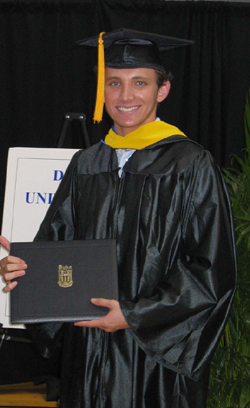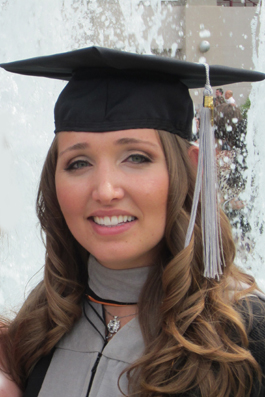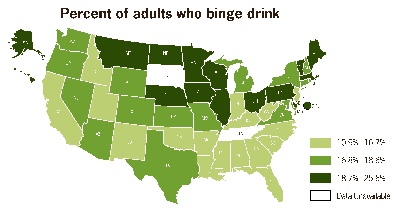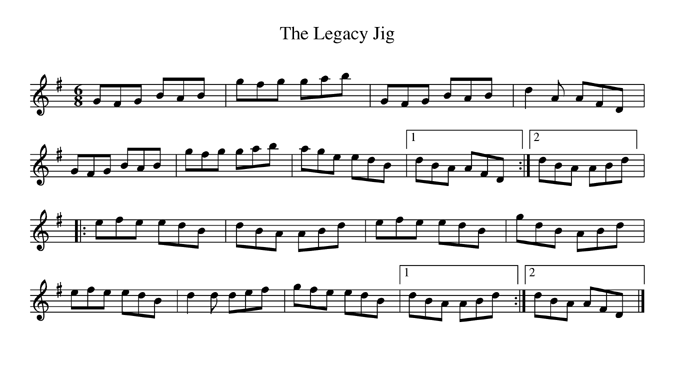Why Change A Habit? Your Legacy Awaits
WHY CHANGE A HABIT? YOUR LEGACY AWAITS (ISSUE 80)
By Diane Gold
Why change a habit?
There’s always tomorrow; I’ll do it when I come back from vacation; I’m too stressed out today; I have time to change; a day won’t make any difference.
 One truth is this: the more times we do any behavior; the less offensive it becomes to us, the more we think it supports our positive lifestyle, the less foreign it becomes, the poorer our judgment becomes about the behavior and the easier it is to keep doing it.
One truth is this: the more times we do any behavior; the less offensive it becomes to us, the more we think it supports our positive lifestyle, the less foreign it becomes, the poorer our judgment becomes about the behavior and the easier it is to keep doing it.
Another truth is this: we don’t know what tomorrow will bring, so let’s live well today.
Imagine five amazing things in our lives that we would never want to give up which are our best reasons in the world to choose one great habit over a destructive habit.
1) We can get to see our daughter’s recital. We have put time into nurturing her creativity because we are truly attentive to what she is doing and value her before ourselves.

2) We can attend our son’s graduation from college because we made the time, we put aside our unrelated, selfish habits that would have interfered with the day.

3) We can go to our daughter’s graduation from vet school 2013 with all the joy in the world. We show the devotion that is in our hearts, we give attention to our daughters and we get to experience one of the milestones in our lives. Because we are putting our attention on our daughter and not on our own needs.
4) We get to write a book, because we are focused and determined. We are meeting deadlines we (or our collaborators) placed on us because we want to complete our book as part of our legacy.
5) When that awesome audition or job interview comes around, we are ready for it. Because we are directing our path to meet our priorities.
SOME DARK BUT CHANGEABLE HABITS
THE ADDICTION TO DRUGS, PRESCRIBED OR SELF-PRESCRIBED
Consuming substance makes the taker feel better, calmer, more balanced, less anxious, more powerful, more charming, less timid, less afraid, less insecure. When we are habitually consuming, we are not particularly attentive to anything other than the next dose, no matter what we say.
THE ADDICTION TO A SIGNIFICANT OTHER
When we are consumed with a negative relationship, we end up obsessed with another person. We treat ourselves poorly by being addicted to our significant other, almost always addicted to drugs or alcohol, whose demeanor toward us self-perpetuates the poor opinion we have of ourselves. Our human habit affects our children and creates misery. And, most of all, our children subtly lose their number one spot.
BINGEING ON FOOD OR ALCOHOL

Bingeing on food, the most amazing ice cream and chocolate – with potato chips and pretzels – for a year would make us pretty uncomfortable, result in gaining weight and probably mess with our ability to process sugar correctly. Similar results for alcohol, except the decline happens more quickly.
CONCLUSION
What do these all these habits have in common? Self-pleasure, self-relief, self-esteem issues. That’s SELF, SELF and, SELF. They DON’T have to do with giving, sharing and growing.
If we’ve been on both sides, we know the quality of being a loving family member rather than a needs based habit monger, wins out against the instant gratification horror show.
The invasive nature of habits is crystal clear to see when we don’t have one. Not so easy if we never had one. Those of us who control our many itches, urges or cravings are truly gifted. We are the few.
 We understand that when people say, “Oh, why don’t you just have one,” when speaking about any consumables whose “one” would trigger a series of unhealthy behaviors; it is we who choose our actions. The Greek aphorism “Know Thyself” comes into play; if we have the control to consume “one,” great. If having “one” will trigger having 100 after that, we choose and smile about it. Usually, the “one” act leads to 5,000 more of that “one” action, so the decision to abstain is preferable.
We understand that when people say, “Oh, why don’t you just have one,” when speaking about any consumables whose “one” would trigger a series of unhealthy behaviors; it is we who choose our actions. The Greek aphorism “Know Thyself” comes into play; if we have the control to consume “one,” great. If having “one” will trigger having 100 after that, we choose and smile about it. Usually, the “one” act leads to 5,000 more of that “one” action, so the decision to abstain is preferable.
PRE-PLAN FOR A HABIT
One of the most common habits to want to change is eating the wrong foods or in the wrong quantities. This particular habit plays the most mind games on us because we have to eat to live, and cannot quit food.
We use the same mechanism to change any habit, food included. We need to pre-plan what to do when our urge comes. We need to notice the pleasure we get from the new behavior. We can go for a run, we tie up our hands, go swimming, as long as it is some behavior that is different from what we used to do. And we repeat it. And we repeat it again. And, then, again.
If we do, we will be in position to build wonderful landmarks in our lives that will be our legacy. We won’t be emotionally distraught when big events pass by. We won’t be too overweight to get on a plane to attend a wedding. We won’t be recovering from two days of sleeping it off. We won’t be in a hospital because we overdosed. We won’t be unavailable for our families because we went to the casino.
THE CHANGING A HABIT CREDO
Here are what we can build by changing a habit. The following requires us to love ourselves at the onset or gradually
1) to be available for the legacy that our precious family creates.
2) to build a legacy that revolves around helping humanity and being productive.
3) to take part in collaboration that builds bridges of hope.
4) to be an example for family and community. Although what others say is not something of great concern, acting poorly can lead to pointing fingers, family-embarrassment or community judgment that leads to slowing of career and self. So it might make sense to be valued in public.
5) to look ourselves in the daily mirror and enjoy being the person we are, taking the actions we do, influencing people in a positive way, knowing we are contributing positive energy to the universe.

“Changing a habit” is easier said than done.
It takes a truly courageous person to do “it.”
The change takes constant repetition, first for 3 weeks, then for a year.
Support is available for the asking.
We can do it once we take one step!
FEEDBACK
Please leave a comment and LIKE.
DIANE GOLD, AUTHOR
Diane Gold, Founder of Warriors of Weight, Turning Habits Into Health, is a mentor in tai chi, kung fu and meditation, a music, fitness and stress expert, dedicated mom, studying plant-based nutrition.
She has been studying habits for quite some time, especially how she changes her own. She says,
“Whatever your habit is, you are not alone. Whatever your habit is, you can change it. You may have to act as if you are a robot, carrying out a pre-planned move (behavior) with no thought for whether you want to do it or not, for a while. This act might be for as long as a year or as long as forever, depending upon you.
“I have watched myself start a habit and stop a habit. When I decided that stopping the habit after restarting the habit over again took too much effort, I decided to change my habit on a more permanent basis.
I want to be available for my children and my friends. I want to wake up early and feel clear and physically fit. What a great phenomenon to be in good health. I appreciate it and want to nurture it. From now until forever.
It’s not easy, but all it takes is one step. And then, one step. And then, one step. Etc. You can do it!”







